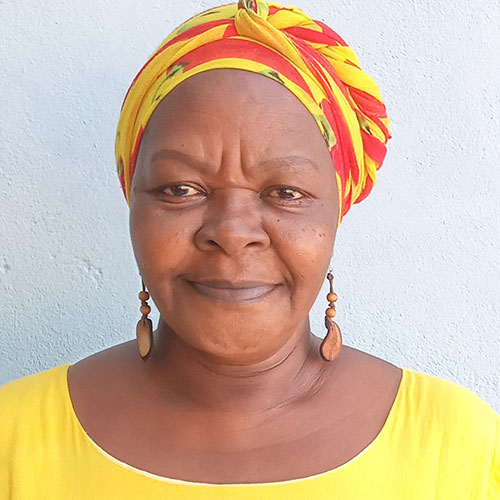The Beatriz Nascimento Program offers doctoral scholarships abroad for black, indigenous and gypsy women
The Beatriz Nascimento de Mulheres na Ciência Program is offering doctorate and postdoctoral scholarships abroad for black, quilombola, indigenous and gypsy researchers


To expand the participation of black, Gipsy, quilombola and indigenous women in science, the Ministério da Igualdade Racial, in partnership with the Ministries of Women, Indigenous Peoples, and Science, Technology and Innovation, with the support of CNPq, announced the launch of the Chamada Atlânticas – Programa Beatriz Nascimento de Mulheres na Ciência.
The Atlânticas call MCTI/CNPq/MIR/MMULHERES/MPI, Nº 36/23 for Scholarships Abroad (SWE and PDE) has R$ 6 million in investments. The program includes sandwich PhD scholarships and postdoctoral scholarships abroad for black, quilombola, indigenous, and gypsy researchers
Requirements
It is necessary to be regularly registered in doctoral courses recognized by CAPES, or to have completed a postgraduate program recognized by CAPES, in any area of study.
What is a sandwich degree program
It is a type of program in which undergraduate students have the opportunity to spend a period, from six months to a year, studying abroad.
This is an exchange for higher education students, which offers an excellent opportunity to expand knowledge and much more, in addition to living with another culture and learning a new language.
Registration period
Please note the submission deadline, which ends on January 31, 2024.
You can make proposals and compete in the following tracks:
Track 1: Sandwich Doctorate Abroad provides support to students formally registered in a doctoral course in Brazil who prove qualification to enjoy, abroad, the opportunity for theoretical deepening, data collection and/or processing or partial development of the experimental part of their thesis, to be defended in Brazil
Track 2: Post-Doctorate Abroad allows holders of doctoral degrees to train and update their knowledge through internship and project development with innovative scientific or technological content, in an institution abroad.
Where does the name of the Beatriz Nascimento program come from?
She was a professor and historian from Sergipe who always combined the anti-racist struggle with academic life. She co-founded the Grupo de Trabalho André Rebouças at Universidade Federal Fluminense (UFF), and was a member of MNUCDR, Movimento Negro contra a Discriminação Racial, whose name, over time, was shortened to MNU.
As a researcher, Beatriz Nascimento studied the formation of quilombos in Brazil for two decades and was an exponent of black feminism, researching the discriminatory practices that affect the bodies of black women.
The researcher died, a victim of feminicide, in January 1995. At the time, she was studying for a master’s degree in Communication at UFRJ. In 2021, Beatriz became an honorary doctor in memoriam from UFRJ.
For more information, access the full call.



